Advanced protocols for secure and reliable remote access
With 3X-UI, you can easily deploy your own VPN/Proxy server, ensuring maximum privacy and control.
Supports a wide range of protocols, including VMESS, VLESS, Trojan, Shadowsocks, Dokodemo-door, Socks, HTTP, and WireGuard.
Includes native XTLS protocols such as RPRX-Direct, Vision, and REALITY for optimal performance.

How to launch your own VPN/Proxy
Step-by-step guide to setting up a personal VPN/Proxy on a virtual server
Buy a VPS server
Recommended system requirements:
- OS options: Debian 12/13, Ubuntu 24.04, AlmaLinux 9, Rocky Linux 9
- RAM: 2 GB minimum
- Virtualization: KVM
- Network: IPv4 required
- Pre-installed software: 3x-ui
You’ll get an email from your hosting
Example credentials:
- Link: https://example.com:port/xray/
- User: admin
- Password: example
Log in to the 3x-ui control panel
Open the link in your browser and enter the username and password
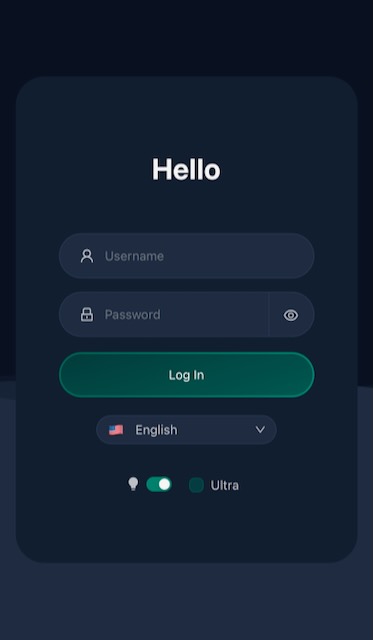
Press the “Log In” button.
Create connection protocol Vless Reality
Go to the "Inbounds" section — "Add Inbound"
Port: By default, a specific value will be set, we erase it and set it to - 443
Security: Reality
Private Key and Public Key — do not touch, just press the Get New Cert button and the keys will be generated automatically
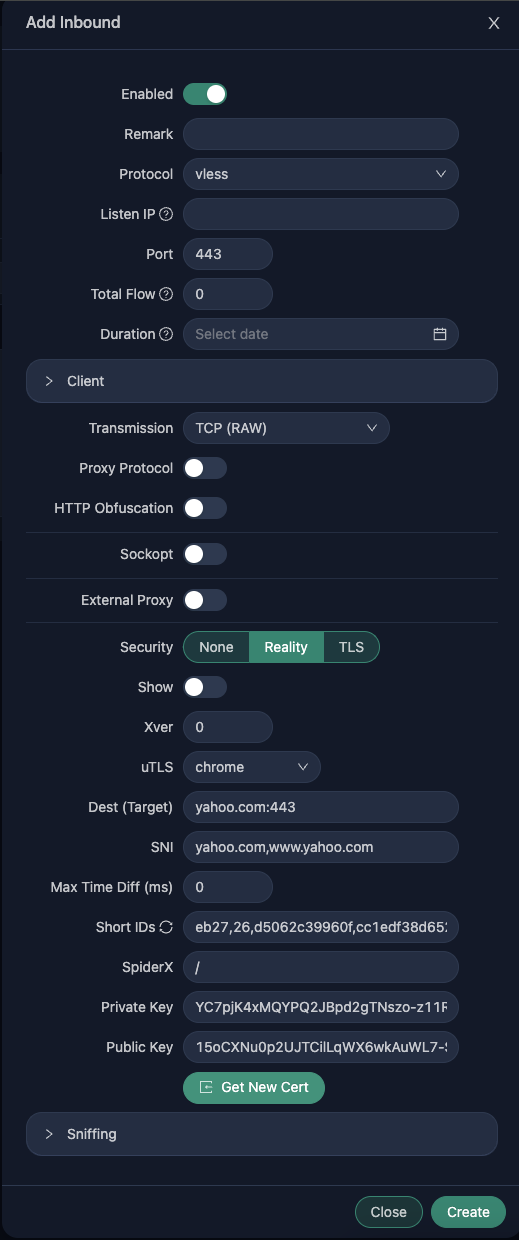
Press the “Create” button.
Edit user settings
In the newly created connection, click + to open the list of users.
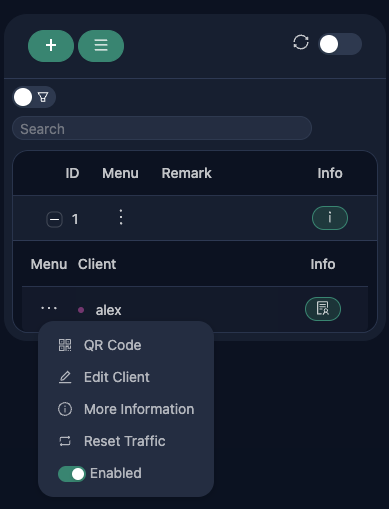
By default, a user is created, and we need to change the parameter Flow to xtls-rprx-vision. For convenience, you can also set the Email parameter for client identification.
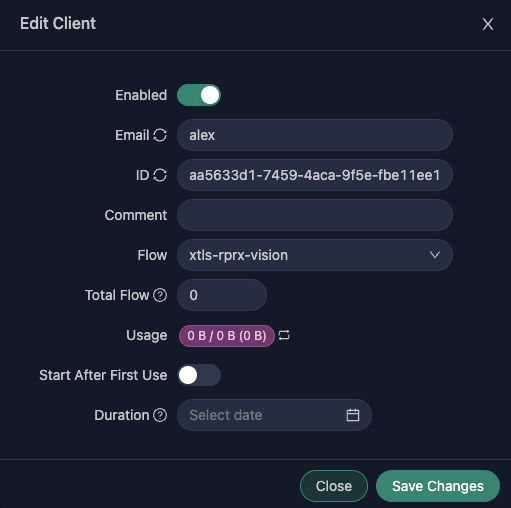
Press the “Save Changes” button.
User management and settings
In this section, new users can be created and QR codes found in each user's submenu for setup in clients.
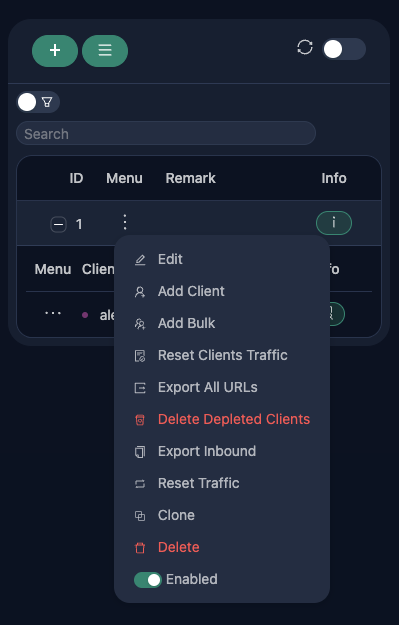
Share Your VPN Connection
Easily share your VPN in just a few clicks, with no limits, only with people you trust.
Import and export your connection profiles
Compatible with native clients of WireGuard, XRay (Reality, VMESS, VLESS), and ShadowSocks.
Open Source
3X-UI respects your privacy and does not collect or share your data. Its source code is fully open-source.
Completely Free
Setting up a VPN only requires payment for your own VPS server, which you can get from any hosting provider.
Frequently Asked Questions
You can create as many users as needed on the server. Keep in mind, however, that the server's bandwidth and resources (CPU, RAM, etc.) are shared among all users. Monitor system performance as your user base grows to ensure smooth operation.
Yes, you can run multiple protocols on a single VPS server, including VMESS, VLESS, Trojan, Shadowsocks, Dokodemo-door, Socks, HTTP, WireGuard, as well as native XTLS protocols like RPRX-Direct, Vision, and REALITY.
The location of your VPN server affects latency and speed. Choosing a server closer to you ensures better performance.






